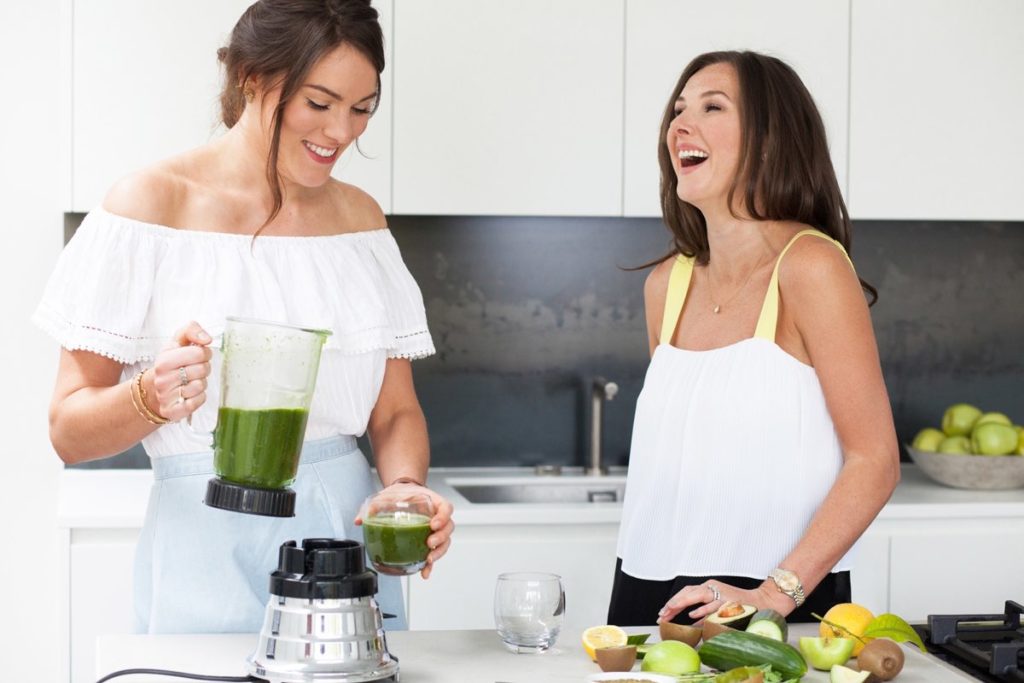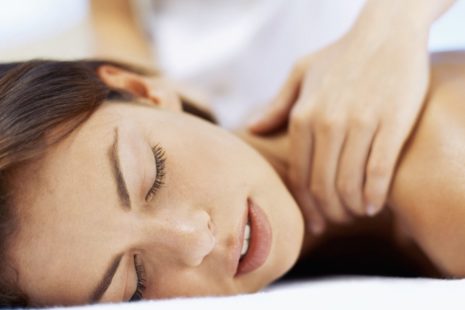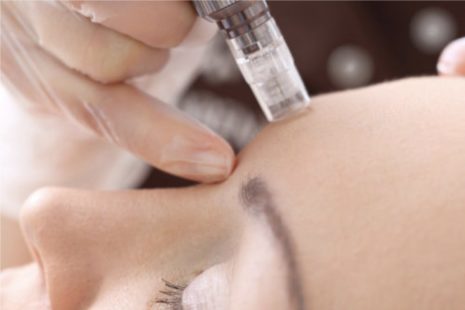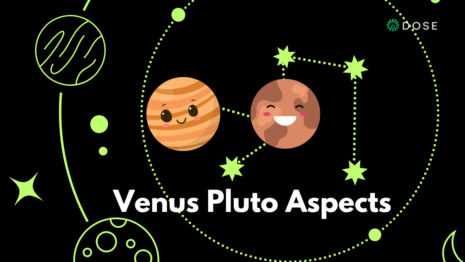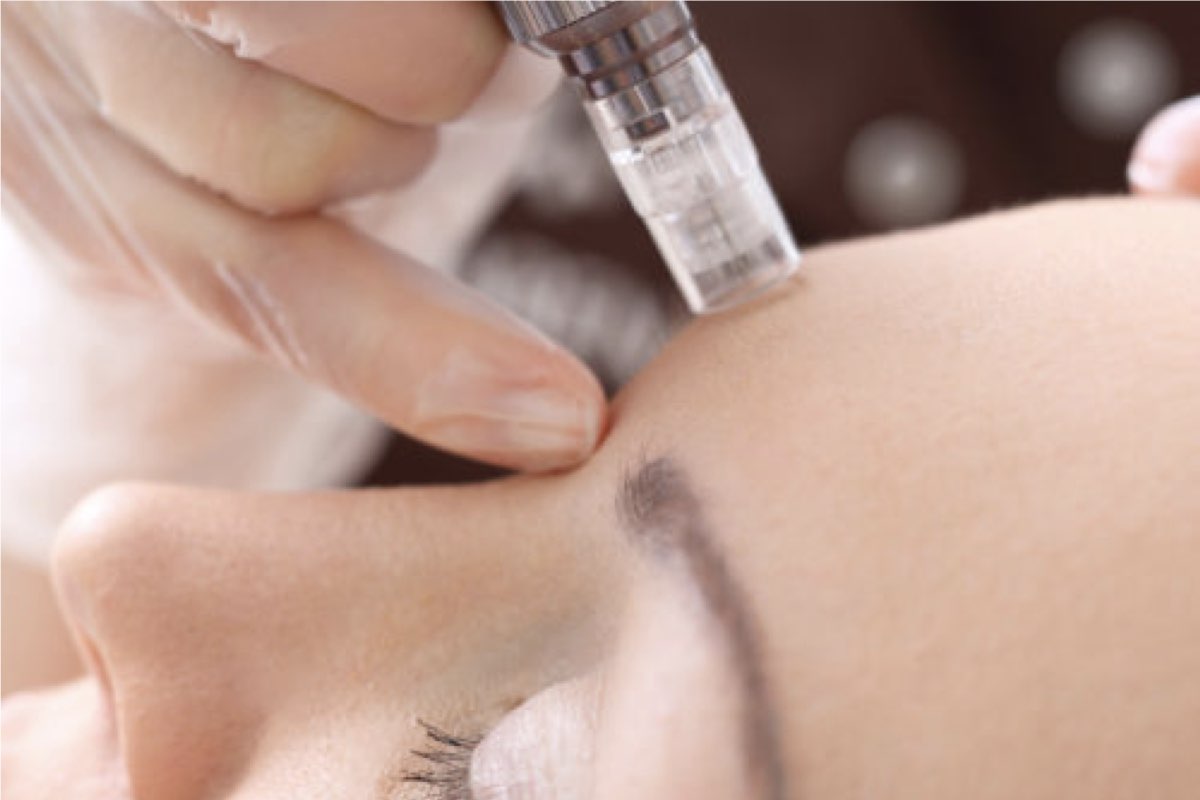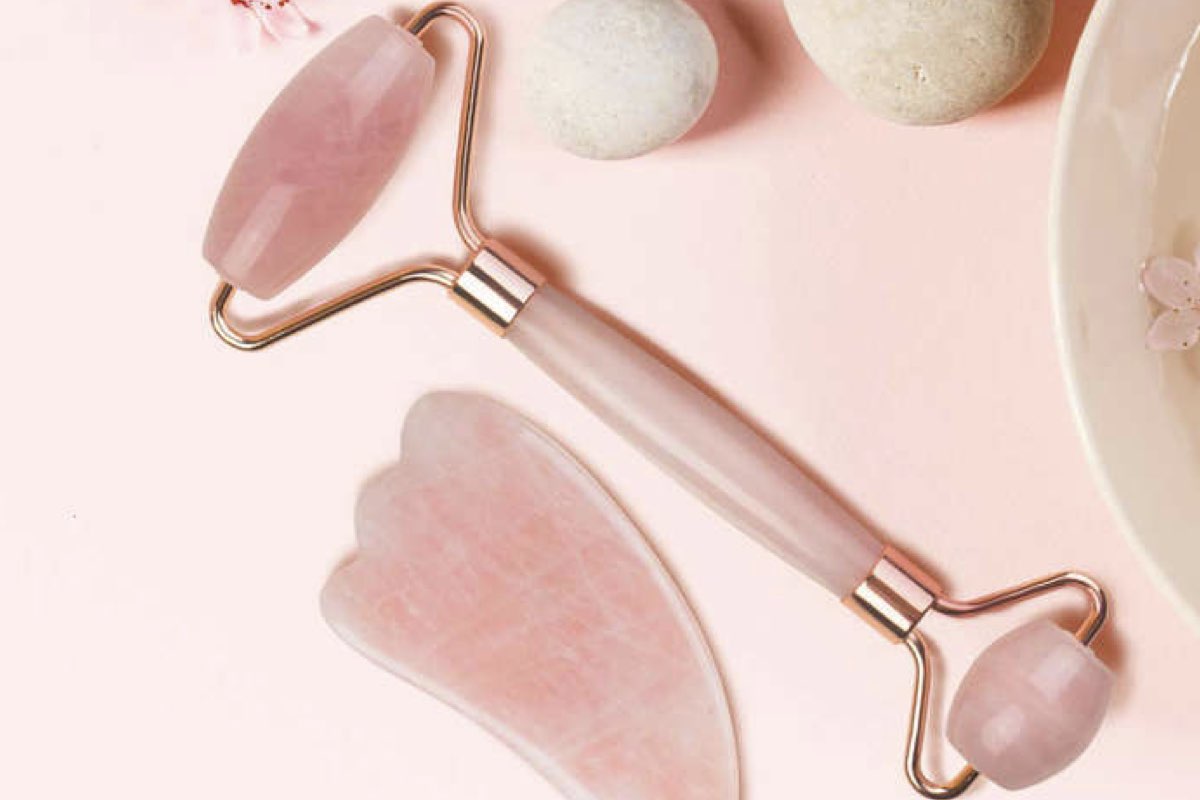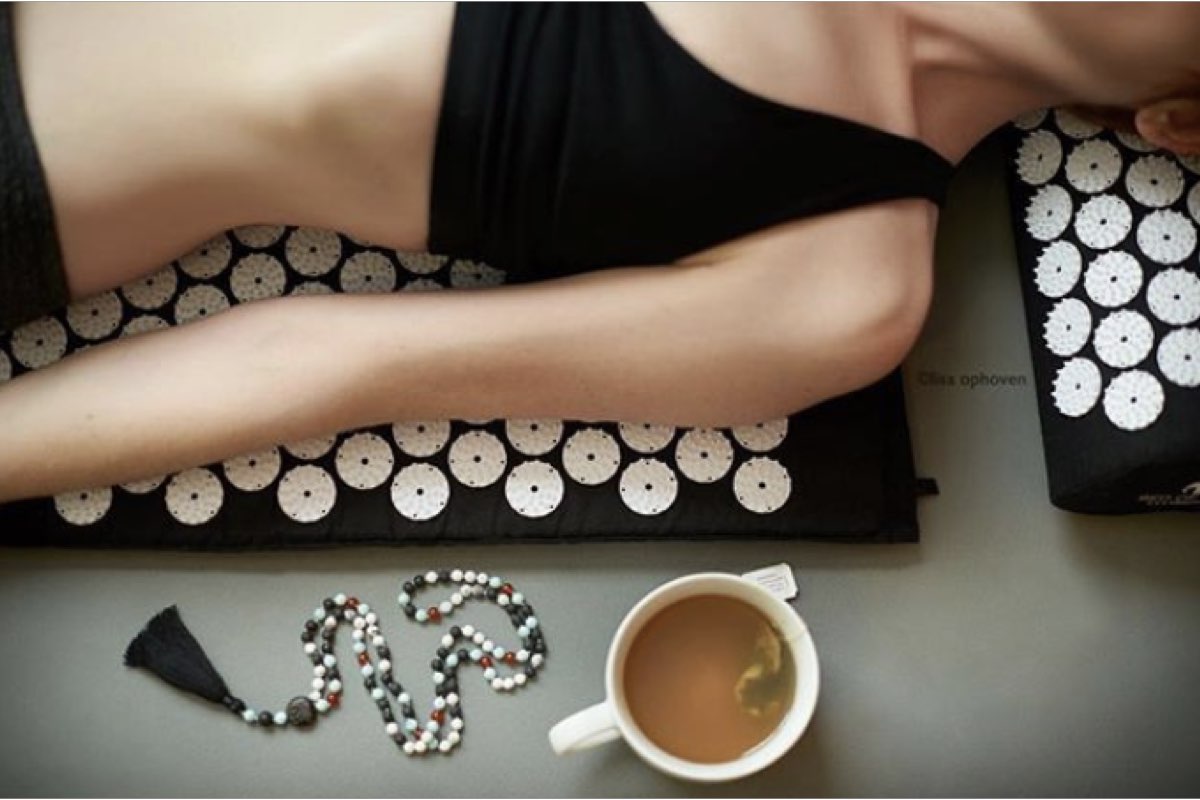Want to get clearer, glowing skin in just 2 weeks? Learn the secrets from Alice Mackintosh – expert nutritionist and founder of nutritional supplement range Equi.
Everyone gets the odd spot from time-to-time but what do we do when we get a continous onslaught of persistent spots that just keep coming, wont heal, and sometimes feel like they are deep below the surface of the skin?
Spotty skin is not only painful and distressing, it also means we have to cake the make up on, which is the last thing we want to do in the Summer when the sun is shining and it’s warm outside. The summer is also a traumatic time for those prone to spots or acne on their back, which can restrict clothing choices and make us feel self conscious and miserable.
I have had thousands of clients coming to my clinic asking for help with various skin issues. Many of these people have spent a lot of money, time and energy trying to identify what their culprits are and work out the solutions, often in vain.
The latest evidence, coupled with years of experience has shown me that as always with these things it is about delving deep into the body, and not just pasting things topically onto the skin. The solution is different for each person, but below I have listed four of the things I get the fastest results with.
These tips not only help to fight spots and heal, but bring moisture and dewiness to the skin that will make you feel radiant, even without make up!
Top Up Zinc
Immune booster, energiser, mood elevator, you name it; zinc tends to be involved with anything important in the body. The skin is no exception and uniquely, zinc seem to work to discourage spots coming but helping to balance hormones and normalise testosterone levels.
Zinc is also essential for the production of collagen, which ultimately is what heals the skin after we have had a spots. Often people complain that spots and small scars heal slowly, or leave discolouration or pigmentation and zinc can really help with this as well.
If you have white spots on your nails then this is a sign you’re low, but even if you don’t it might be worth trying to top up.
Eat: Salmon, poultry, sunflower/pumpkin seeds. You can also try taking 25mg zinc picolinate daily for 2 months and then stop. It’s always ideal if you can test levels first.
Deep Clean
Though people always say they clean their skin properly, in my clinic I often find that upon further questioning its turns out they probably don’t. This is likely to be more of an issue for women wearing make up. But even pollution can leave a mucky layer on skin. Not ideal before you go to bed.
Double cleanse with a decent cleanser and always use an all-natural toner on a cotton pad on face and neck. Do this lightly, without scrubbing the skin to take off remaining residue and close pores.
In my opinion the best thing to put directly on spots directly is pure tee tree oil, which is potently anti-microbial – apply this to infected areas alongside a good quality light oil-free lotion/moisturizer. Often people think moisturiser will make their skin oily but actually pores can over-secrete oil to compensate if you let it get too dry – so try to find that balance.
I also recommend a face mask each week to cleanse more deeply. Clay ones are great as they draw out impurities from the skin. I also love making my own by blending avocado, spirulina, flax oil and oatmeal. Good enough to eat and ensures nourishment with no added chemicals.
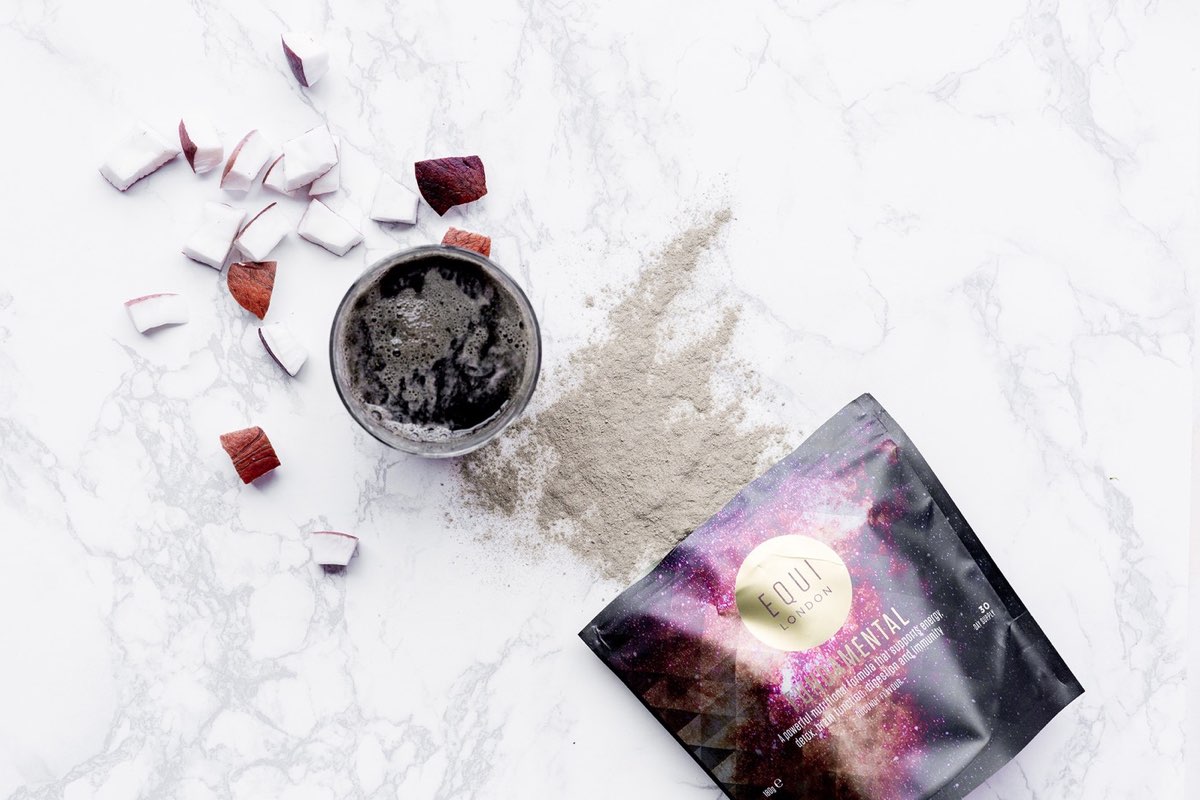
Balance Flora and Fauna
There aren’t really any ailments that don’t benefit from a top up of good bacteria. Though you may not think it, the skin relies on digestive health in many ways and imbalances in the gut micro-flora can be a contributing factor to skin problems.
Not only does it weaken the immunity, it makes us more prone to inflammation, infection, hormonal problems and deficiencies – all things that can cause flare ups.
Often a course of antibiotics is prescribed for problem skin and for some it can make a difference. However whether you do or don’t, taking probiotics is fundamental and can really help target the underlying problem.
Eat natural sugar-free yoghurt (coconut for DF), sauerkraut, kimchee, kombucha, kefir, and pickled veggies. Stay away from sweet yoghurty drinks, which don’t supply enough bacteria and are high in sugar/sweetener.
I also recommend a good probiotic, such as those found in Equi London Beautiful. A targeted formula for skin health that I formulated to help my own clients. If you have IBS then it’s a good idea to speak to a nutritionist about this first.
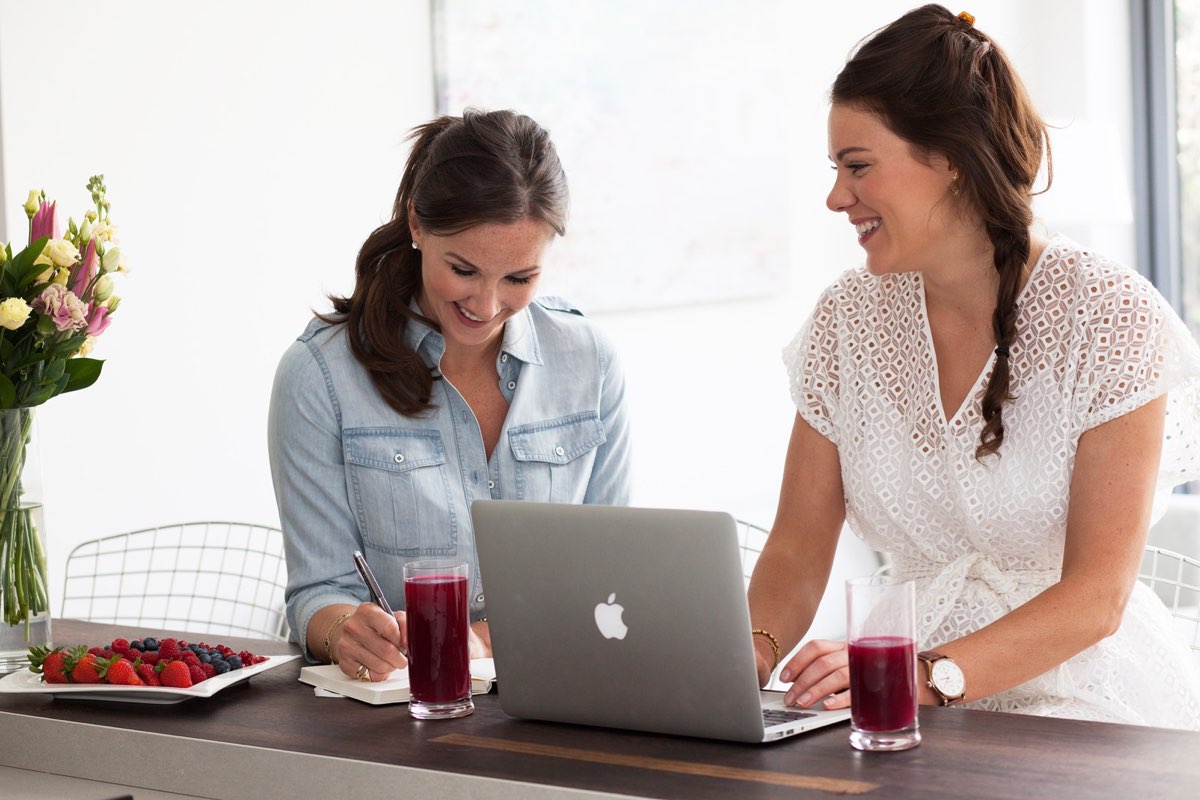
Get Inflammation Under Control
Redness, soreness and itching skin is caused by inflammatory reactions in the skin, and prolonged problems can be a sign of systemic inflammation. Certain foods can make this worse with sugar, fatty and processed meats, dairy and white carbs being major culprits.
A healthy diet should generally be made up predominately of plant-based foods like vegetables, fruits, whole grains, legumes. You should also have some white meat, eggs, fish, alongside healthy fats all promote anti-inflammatory reactions.
If you are really getting bad issues, I would consider cutting all dairy completely (no mean feat) for at least 1 month as this can yield quite a quick result for many even if you don’t have an allergy to them. Be sure to replace with sugar free almond milk, oat milk and eat plenty of calcium rich foods such as broccoli, bok choi, almonds, sesame seeds and sardines.
Eat colourful vegetables, ginger, garlic, turmeric and omega 3’s from oily fish (salmon, mackerel, sardines) which are all potently anti-inflammatory and can help calm inflamed, angry skin. A good quality omega 3 fish oil to support skin dewyness and reduce inflammation also helps.
To get quicker results, you can also try supplements such as Equi London Beautiful that contain a wealth of anti-inflammatory, skin healing ingredients.
* Certain supplements are used for different reasons and a one-size-fits-all approach shouldn’t be adopted. In addition, pregnant women and anyone on medication should always consult a doctor before embarking on a supplements programme. This is no substitution for individual medical or nutritional advice.
